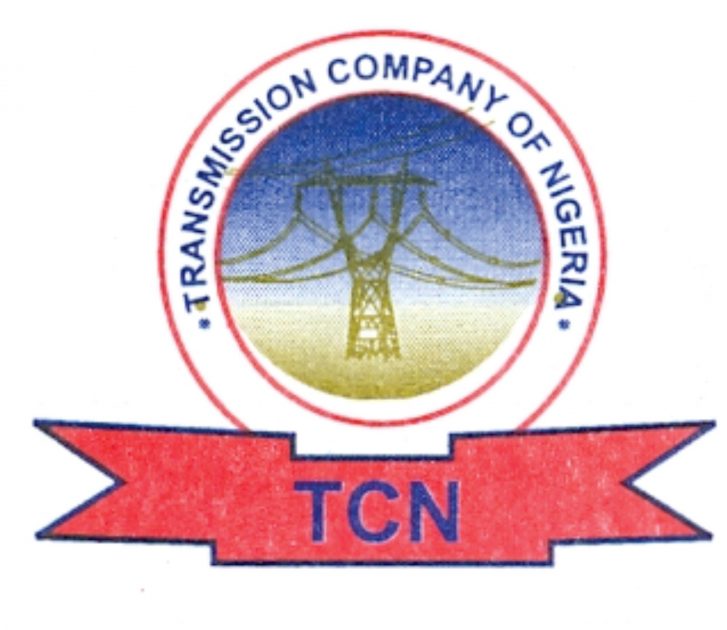Review power privatisation
The nation may soon experience total power outage if the Transmission Company of Nigeria (TCN) makes good its threat to stop transmission of power to generating and distributing companies respectively over debts running to billions of naira owed it. The TCN ultimatum came through an order No.TCN /ISO

The Transmission Company of Nigeria (TCN)
The nation may soon experience total power outage if the Transmission Company of Nigeria (TCN) makes good its threat to stop transmission of power to generating and distributing companies respectively over debts running to billions of naira owed it.
The TCN ultimatum came through an order No.TCN /ISO In the statement, the operator stated that, “In line with the provisions of the market rule the MO gives a grace of 14 days within which all MPs must fully remedy their breaches or face full market sanction.” To put it in proper perspective, the TCN in its role as the transmitter of power is at the nexus of the power sector, connecting both the Generating Companies (GenCos) and the Distributing Companies (DisCos) to the power grid from which power consumers in the country feed for their various uses. Should the TCN carry out its threat to shut down power supply in the country, the amount of damage such could cause to lives, livelihoods, businesses, security and other sectors across the country is unfathomable. The DisCos, in their defence, laid the blame squarely on the federal government. They attribute it to the failure of the government to provide the promised N100 billion subsidy on electricity since the privatisation of the sector in 2013, as well as some necessary information and data on the power privation process. The Director, Research and Advocacy of the Association of Nigerian Electricity Distributors (ANED), the umbrella body of the DisCos, Sunday Oduntan, stated that “fundamentally, the basis of privatization was flawed from the beginning due to conditions that were not met by the federal government while expecting the DisCos to meet their performance obligations.” The statement further added that “Not only were the investors shortchanged because of insufficient and unreliable data that was provided by the Bureau of Public Enterprises (BPE) to them during the privatization process, the government also committed to and failed to deliver on DisCos debt free financial book, payment of Ministries, Department and Agencies’ electricity debts.” Against this background, there is indeed no gainsaying that the power sector is beset with myriad issues and that between the federal government and the players in the sector, there are enough blames to go around. But we believe that Nigerians are not interested in the blame games as far as the provision of power is concerned in the country. When the idea of privatising the power sector came up, Nigerians were told that it was the panacea for the abysmal state of power in the country which seemed intractable. Privatisation of the state-owned power sector will attract much-needed capital, expertise and best practices to the running of the power sector thereby ending the years of epileptic power supply in the country, we were told. But 10 years after the privatisation of the power sector, we are not only far from achieving the goals of the exercise; we are indeed regressing in the power supply situation in the country. This is despite a report by the Nigerian Electricity Regulatory Commission (NERC) that the federal government has subsidised electricity supply in the country to the tune of N35.27 billion. We are reportedly oscillating between 5000 to 7000 megawatts of electricity, hardly adequate for a country of about 200 million. It is not encouraging that the 11 DisCos and three GenCos are in various stages of distress, tottering dangerously on the brink of collapse. They are burdened by under-capitalization, debts and technical issues which hamper their ability to deliver as expected by Nigerians. It is also not surprising that five of them have been taken over by banks. All this calls inevitably for the total review of the power privatisation programme with a view to repositioning the sector for better performance as expected by Nigerians. In resolving the issues besetting the power sector, the first step is in realising that the privatisation exercise as intended has clearly not met its objectives. In this regard, throwing more money into the sector in the form of subsidies and recapitalization of the DisCos and GenCos will hardly solve the humongous issues in the sector. Indeed with the takeover of DisCos by banks and the installation of new management, the identified issues are on the way to the self-correction necessary to reform and revamp the DisCos. Although the DisCos have kicked against this development labelling it as “renationalisation”, their position can hardly be tenable against the background of their abysmally poor performance. The federal government has explained that the ongoing process, whereby the Central Bank of Nigeria (CBN), commercial banks and BPE are taking over the GenCos and installing new managements is a necessary one which will attract new capital and foreign partnerships into the sector. With this development, the federal government can draw down on the 500 million dollar facility made available by the World Bank to revamp the sector. At the end of the day, due to its critical importance, a functionally efficient power sector is indispensable to the country’s development and all hands must be on deck to deliver this objective.
